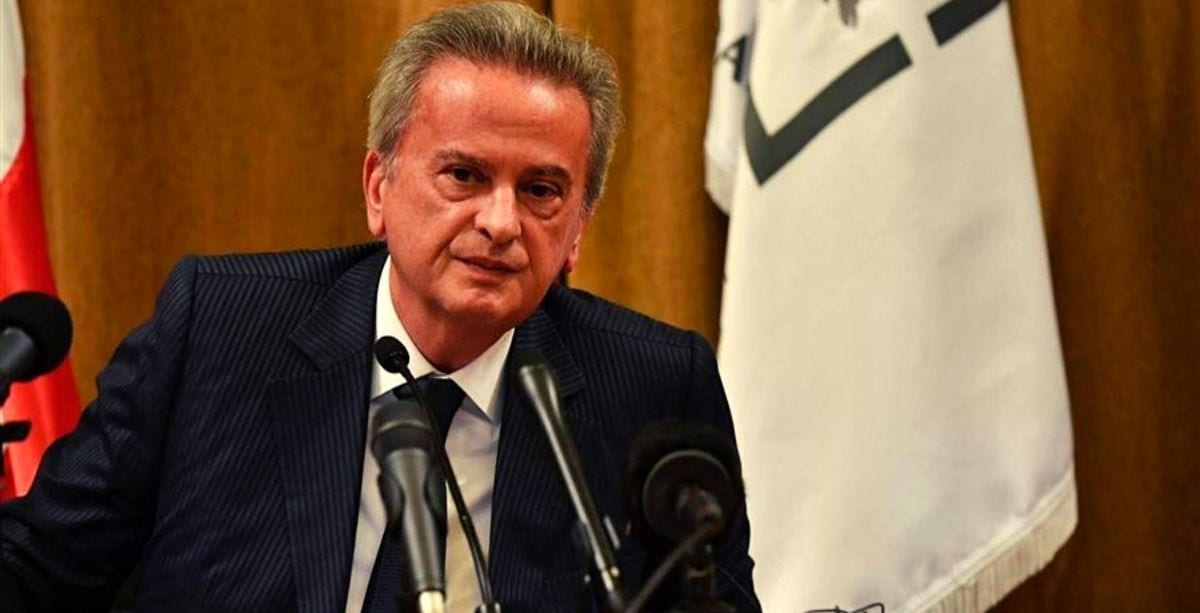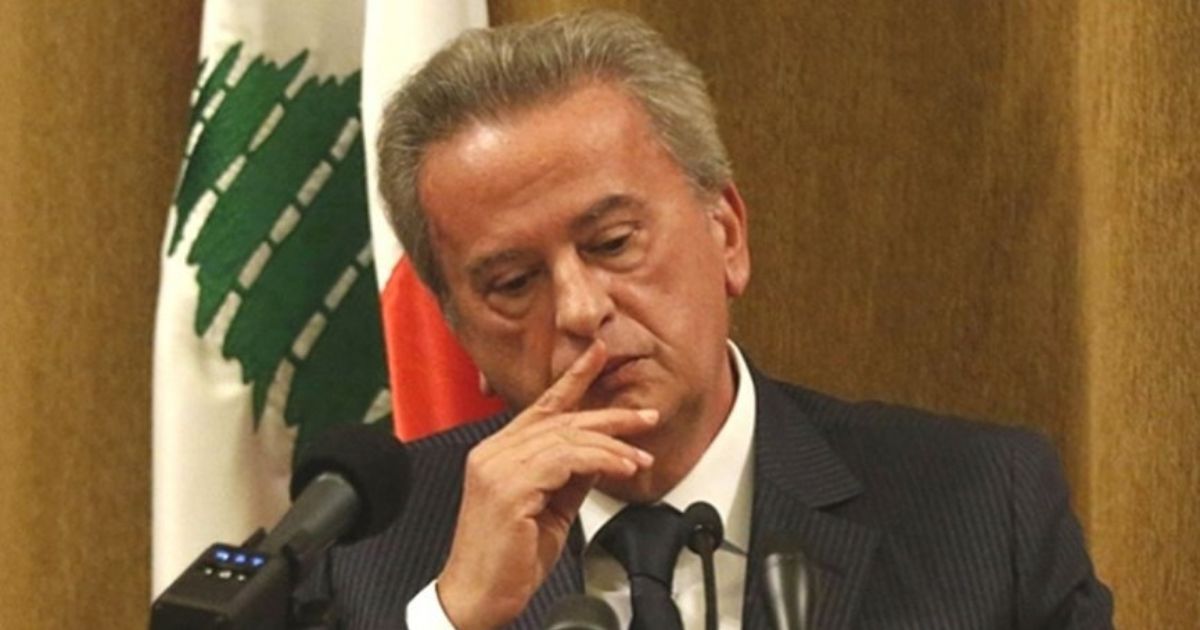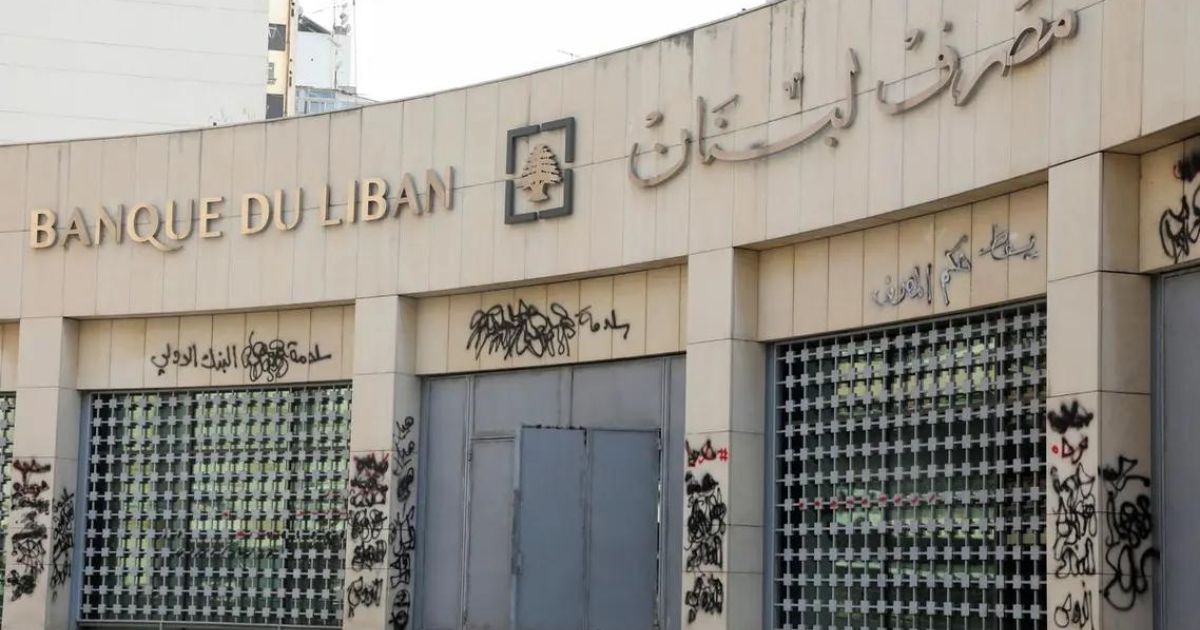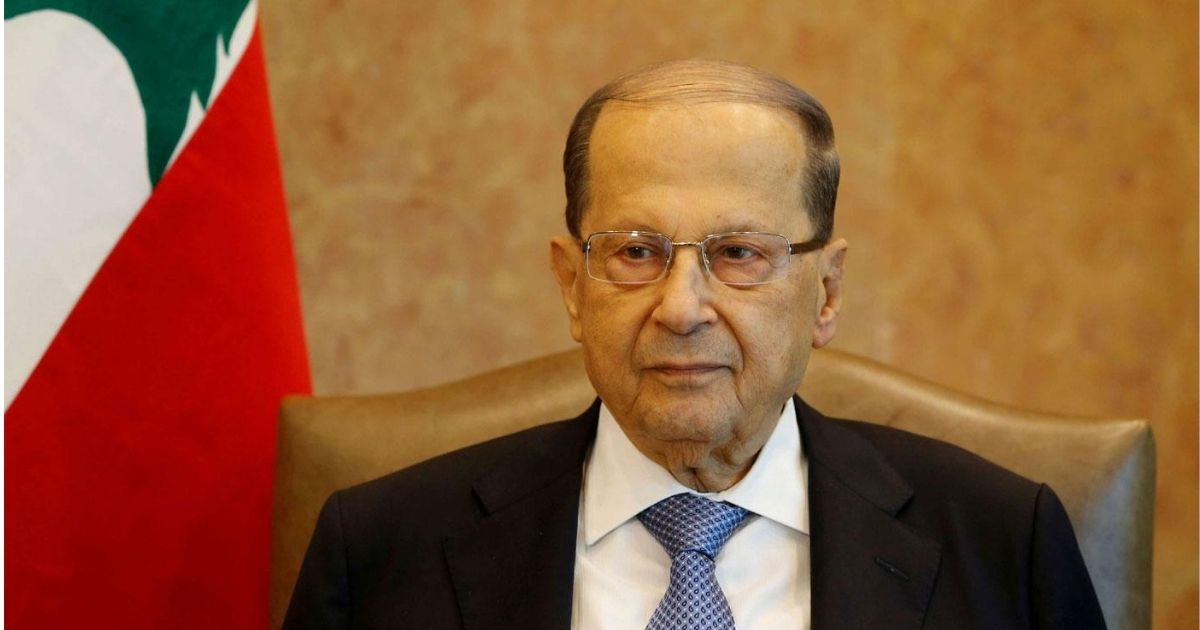A significant part of the Lebanese people blames their country’s current turmoil on the mismanagement of the governor of the Banque du Liban, Riad Salameh, whose overseas assets have mostly remained under wraps, until now.
A report published by the Organized Crime and Corruption Reporting Project (OCCRP) has revealed new information about Salameh’s offshore companies and the investments linked to them in various countries.
As per the report, the companies in question invested in real estate in the UK, Germany, and Belgium over the past decade, with their accounts indicating that the investments were often being financed by borrowing.
It’s worth noting that the report does not accuse Salameh of wrongdoing, but rather aims to shed light on his personal overseas wealth, which it revealed amounts to nearly $100 million.
Following this report’s publication, Salameh has maintained that he broke no laws in making these offshore investments, noting that he had amassed “significant private wealth” before he joined the BDL in 1993, and, he added: “Nothing prevents me from investing it.”
This private wealth, as Salameh had stated on a separate occasion, was $23 million at the time when he became the governor of Lebanon’s central bank that year.
Interestingly, Article 20 of the Code of Money and Credit states that “the governor of the central bank, and his deputies, are banned during their tenure to keep or to take any gains from a private company.”
So, how has Salameh invested in real estate abroad – legally, as he affirms – when he has been Governor of the Banque du Liban for 27 years?
The answer: “I gave this money to people with expertise and people I trust who invested them over the last 27 years,” Riad Salameh has said in a TV appearance.
However, while he has publicly denied wrongdoing on different occasions, Salameh is set to stand trial in October after a group of Lebanese lawyers filed a lawsuit against him, accusing him of embezzling BDL assets and other violations.
The Lebanese public’s existing outrage upon the official was amplified when recently-leaked audit reports indicated that he had used unorthodox accounting measures to boost the BDL’s assets by $6 billion.
While Salameh stands by his statement that there is a “systematic campaign” targeting him, his properties, vehicles, and the rest of his assets in Lebanon remain frozen by a court order.











